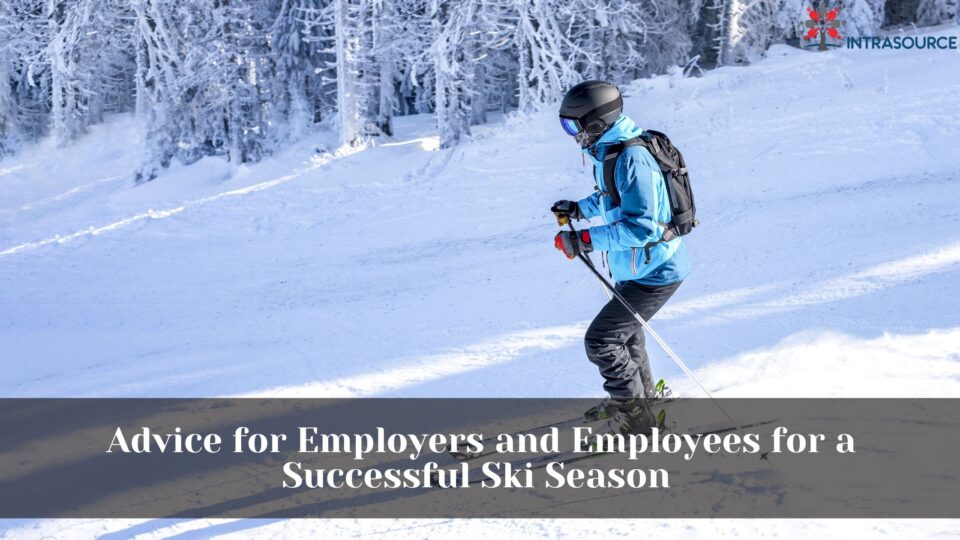With the ski season officially starting next month, the Ministry of Business, Innovation and Employment (MBIE) has issued critical advice to ensure a seamless and legally compliant experience for both employers and employees in the ski sector.
Know Your Rights Under the Law
Minimum Employment Standards
Employers must comply with minimum employment standards to guarantee fair treatment for all workers. This includes:
- Providing a written employment agreement
- Ensuring workers are paid at least the minimum wage if they are 16 years or older
- Allowing meal and rest breaks
- Paying for holidays, sick leave, and work on public holidays
Right to Work and Accommodation Standards
Employers need to verify that workers have the legal right to work in the country and with the specific employer. Additionally, any accommodation provided must meet required standards.
Expert Advice from MBIE
Accurate Record Keeping
David Milne, the Labour Inspectorate’s Northern Regional Manager, emphasizes the importance of maintaining accurate records. Employers should keep detailed records of employees’ worked hours, payments, holidays, and other entitlements.
Prohibitions After Hiring
Employers must avoid several actions post-hiring:
- Deducting money without employee permission
- Asking for premiums for hiring or before hiring
- Demanding to keep an employee’s passport
- Enforcing a 90-day trial period unless previously agreed upon in writing
Agreement on Deductions for Board and Lodging
Mr. Milne advises that any deductions for board and lodging should be mutually agreed upon by both parties. Formalizing these terms is crucial for compliance.
By adhering to these guidelines set by MBIE, employers can ensure a successful and hassle-free ski season.
Visa Requirements for Snow Industry Employees
Through the Accredited Employer Work Visa (AEWV) programme, a large number of foreign workers in the snow sector are employed as experts such as snowmakers, groomers, and pavers. It is not possible to fill these positions exclusively with workers from New Zealand. 160 ski employees were awarded AEWVs during the first post-Covid ski season last year. Chefs and restaurant managers, who can also be qualified for an AEWV, are among the skilled professionals needed by the hospitality sector, which provides assistance to the sector. According to Stephanie Greathead, National Manager, Immigration Compliance at MBIE, other visa holders who work in the tourist and ski industries may be doing so on student or working holiday visas. “Employers must make sure they are aware that their employees are legally permitted to work in New Zealand, regardless of the type of visa.” “Student visa holders for example are only allowed to work limited hours during their term time and there are varying conditions on working holiday visas, dependent on which is their country of origin. Employers need to check.”
Ms. Greathead says Immigration Compliance uses a graduated approach to help ensure employers are aware of and comply with their obligations, including for individual visa holders.
These can start with employer involvement and education and progress to official warnings, infringement notifications, and even legal action. Ms. Greathead cautions that it is unlawful for companies to insist that a worker with a visa pay a fee in order to obtain employment or to maintain their passport. The Immigration New Zealand website provides migrant workers with more information on their rights.
Accommodation for Employees
Depending on the weather and snow conditions, work for temporary workers may last for several months. If a visitor intends to stay for the whole winter season, they can select long-term rental housing over transient stays at backpackers’ or hostels. “It is important that employees understand their rights, and the landlord’s obligations when they look for accommodation, even just for a few weeks or months,” says Brett Wilson, National Manager, Tenancy Compliance and Investigations Team.
By doing this, it will be prevented that possibly vulnerable workers would be taken advantage of or lodge in subpar housing.
“In some cases, the employer provides accommodation for the employee while they are working there. This is called a service tenancy and certain requirements must be met to comply with tenancy law,” says Mr. Wilson.
All new tenancies must comply with Healthy Homes Standards, which include specific minimum standards for heating, insulation, ventilation, moisture and drainage, and draught-stopping in rental properties.


